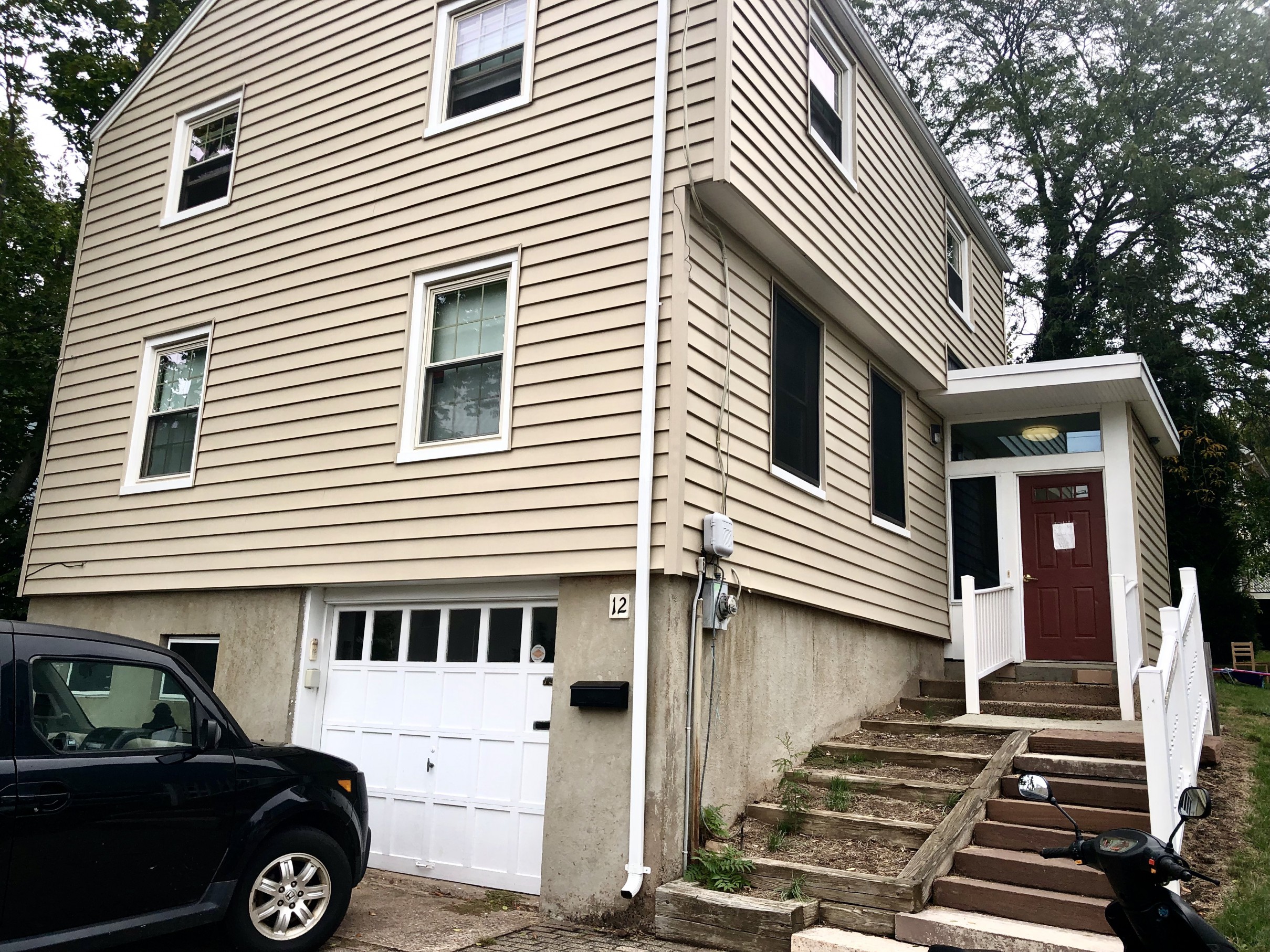
Ava Nederlander, Photo Editor
Since students returned to campus in September, there have been 35 fire alarm activations in University buildings. In a typical school year, about 250 to 300 activations occur, averaging more than one activation per day.
“I know [35] seems like a lot, but it’s average,” Fire Safety and Facilities Administration Manager Chris Cruz wrote in an email to The Argus. “I would love to go below average, I just don’t know how to make that happen because, in the end, I’d rather have too many fire alarms than not enough, and then something happens.”
While the frequency of alarms may inconvenience students, few are the result of malfunctions. In fact, only about seven percent of all alarms have resulted from malfunctions. According to Cruz, there are actually a myriad of explanations for why many of the alarms have gone off. At the time of the interview with Cruz, 27 activations had occurred, 17 of which Cruz said were cooking alarm activations.
“There has been one alarm due to steam from a shower, one due to water in a detector from a leak in the bathroom above, one due to smoking, and one stove fire,” Cruz wrote. “That leaves six other activations, four were classified in the public safety report as unknown, and two were issues with a smoke detector; both have been replaced. That means there have only been two alarms classified [as] malfunctions.”
Many of these alarms have gone off in student housing, not only vexing students and other community residents in and around the buildings, but also impacting the Middletown Fire Department and Wesleyan Public Safety officers who respond to every activation.
The fire alarms, whether due to malfunctions, accidental activations, or routine drills, can be both scary and irritating to students on campus. However, Cruz says that students still have to evacuate regardless of the cause or inconvenience.
“I felt annoyed because I was eating my Chipotle and suddenly the fire alarm was happening,” Hewitt resident Joanna Gerber ’22 wrote in a message to The Argus.
Even if these alarms are disruptive, students recognize their importance in protecting the student body.

Ava Nederlander, Photo Editor
“Frankly, I am just glad they are so sensitive,” said Quinn Tucker ’20. “It’s annoying to have false alarms, but people set fire to their housing all the time, so I would rather know that if something minor is burning, then the system will go off. Like I would rather have a spider set off my alarm because it’s that sensitive than not have the alarm go off when my oven is spitting hellfire.”
Cruz agreed, arguing that the frequency of activations actually show how effective the system is in identifying threats.
“They’re doing their job, they’re sensing something that’s not right in the space and letting them know that they need to get out, so it’s hard to be upset with the systems when they’re doing what they’re supposed to do,” Cruz said.
Regardless, there are ways students can reduce the frequency of these activations. Considering that many activations happen while students are cooking, Cruz suggests never leaving the kitchen while cooking, always using the hood fan, keeping the burners and oven clean, and using the high setting on the stove only when boiling water to minimize the number of alarm activations. Furthermore, Cruz advised that all students should be aware of smoking and fire safety guidelines—namely not smoking or lighting incense and candles inside, or within 25 feet, of buildings. Ultimately, Cruz urges students to be more aware of what they are doing, and how that impacts their surroundings going forward.
“It’s when students think ‘I need to cook this as fast as I can, eat as fast as I can get to my next activity’…things tend to happen,” Cruz said.
Hallie Sternberg can be reached at hsternberg@wesleyan.edu.
Oliver Cope can be reached at ocope@wesleyan.edu.